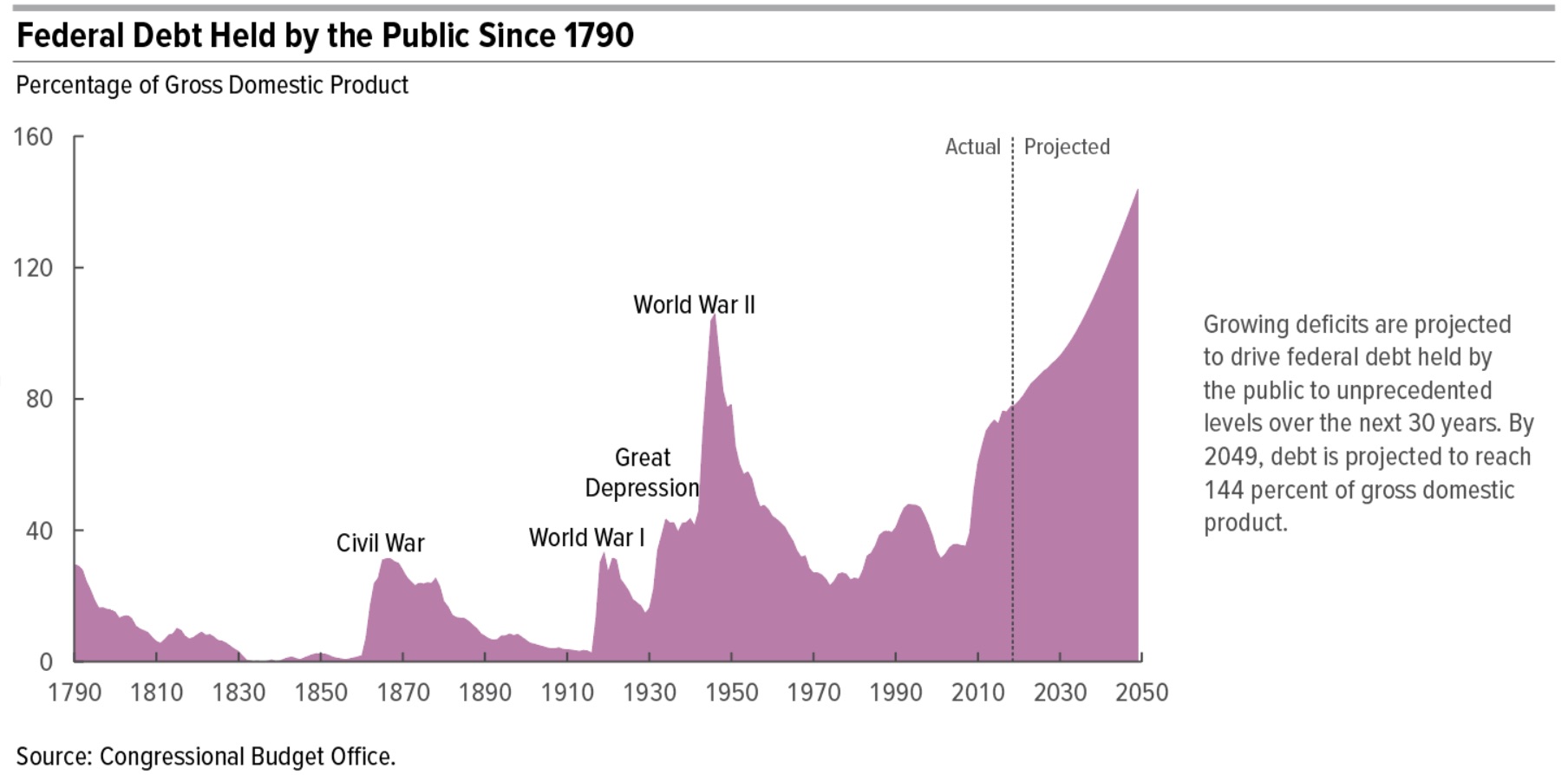WASHINGTON – President Donald Trump has instructed aides to prepare for sweeping budget cuts if he wins a second term in the White House, five people briefed on the discussions said, a move that would dramatically reverse the big-spending approach he adopted during his first 30 months in office.
Trump’s advisers say he will be better positioned to crack down on spending and shrink or eliminate certain agencies after next year, particularly if Republicans regain control of the House of Representatives.
But this second-term ambition is already seeding confusion about how the White House should approach the current slate of negotiations, in which some conservatives want Trump to push for spending restraint.
Instead, Trump is advocating swiftly lifting the federal debt ceiling, which would allow for more spending and borrowing. Trump, who was once a fierce promoter of refusing the raise the debt ceiling without winning concessions, said the opposite on Friday, telling reporters that “it’s a sacred element of our country. They can’t use the debt ceiling to negotiate.”
Treasury Secretary Steven Mnuchin has said the debt ceiling needs to be increased by early September to avoid a potentially catastrophic default. That puts enormous pressure on Congress to act, because lawmakers leave at the end of next week for the remainder of the summer.
Mnuchin has forged several parts of a new budget agreement with House Speaker Nancy Pelosi, D-Calif., but the talks bogged down in recent days after other Trump advisers sent Democrats a request for $150 billion in spending cuts.
2020 Candidates Keep Ignoring The Same Big Issue
The rapidly expanding national debt has seemingly been a virtual non-issue so far in the 2020 presidential campaign.
None of the 20 Democratic candidates taking part in the debates later in July touch the national debt issue on their campaign websites, a Daily Caller News Foundation review of their sites found.
The “Promises Kept” section on President Donald Trump’s reelection website makes no mention of the national debt.
The candidates aren’t the only ones ignoring the issue, either. None of the moderators for the first two Democratic presidential debates asked any questions about the national debt. (RELATED: Moderators Ask Zero Questions About National Debt In First Two Democratic Debates Combined)
The federal government is expected to run a $1 trillion deficit in 2019, according to projections from the White House Office of Management and Budget (OMB) released Monday.
“If current laws generally remained unchanged, growing budget deficits would boost federal debt drastically over the next 30 years,” the nonpartisan Congressional Budget Office (CBO) warned in a June report.

Image credit: Congressional Budget Office (CBO)
“Debt would reach 92 percent of GDP by the end of the next decade and 144 percent by 2049. That level of debt would be the highest in the nation’s history by far, and it would be on track to increase even more,” the CBO stated.
Trump faces new hit on deficit
President Trump’s record on the deficit is poised to take another hit.
Speaker Nancy Pelosi (D-Calif.) and Treasury Secretary Steven Mnuchinare preparing a spending deal that could add as much as $2 trillion to the national debt over a decade.
Trump has sought to avoid signing additional expensive spending bills ahead of his reelection bid next year, and his team had put forward proposals to reduce domestic spending.
But the White House had little leverage to begin with given the Democratic majority in the House, which was dead-set against the spending ceilings suggested by Trump’s administration.
And with the deadline for raising the nation’s debt ceiling moving up, the administration has even less leverage on the budget deal. Mnuchin does not want to risk a default on the nation’s borrowing limit at all costs, and he has been pressing Congress to raise the debt ceiling before leaving for the August recess.
The deal shaping up would set spending ceilings for the next two years, clearing the path for spending measures that will increase the deficit by roughly $75 billion over the next two years.